The Intersection of Beauty and Wellness: Unveiling the Best Skincare Makeup Products
Related Articles: The Intersection of Beauty and Wellness: Unveiling the Best Skincare Makeup Products
Introduction
With enthusiasm, let’s navigate through the intriguing topic related to The Intersection of Beauty and Wellness: Unveiling the Best Skincare Makeup Products. Let’s weave interesting information and offer fresh perspectives to the readers.
Table of Content
The Intersection of Beauty and Wellness: Unveiling the Best Skincare Makeup Products

The modern approach to makeup transcends mere aesthetics, embracing a holistic philosophy that prioritizes skin health. The rise of skincare makeup products reflects this shift, offering a seamless blend of beauty and wellness. These innovative formulations are designed to enhance complexion while simultaneously nourishing and protecting the skin.
This article delves into the burgeoning world of skincare makeup, exploring the key categories, ingredients, and benefits that make these products indispensable for achieving a radiant and healthy appearance.
Understanding the Evolution of Makeup
Traditionally, makeup was primarily focused on enhancing features and concealing imperfections. However, the understanding of skin health has evolved, leading to a greater emphasis on the impact of cosmetics on the skin’s overall well-being.
This evolution has spurred the development of makeup products that not only enhance appearance but also actively contribute to skin health.
The Power of Skincare Makeup: A Symphony of Benefits
Skincare makeup offers a plethora of benefits that extend beyond aesthetics. Here are some key advantages:
-
Enhanced Skin Hydration: Many skincare makeup products incorporate hydrating ingredients like hyaluronic acid, glycerin, and ceramides, which attract and retain moisture, leaving the skin supple and plump.
-
Protection Against Environmental Damage: These products often contain antioxidants, such as vitamin C and green tea extract, which combat free radical damage caused by environmental stressors like pollution and UV radiation.
-
Improved Skin Texture: Formulations with exfoliating agents, like salicylic acid or glycolic acid, promote cell turnover, resulting in smoother, brighter skin.
-
Reduced Inflammation: Some skincare makeup products contain anti-inflammatory ingredients, such as chamomile or aloe vera, which soothe irritated skin and reduce redness.
-
Targeted Solutions: Specific ingredients address various skin concerns, from acne to hyperpigmentation, allowing for personalized solutions.
Navigating the Categories: A Guide to Skincare Makeup Products
The world of skincare makeup encompasses a diverse range of products, each designed to address specific needs.
1. Foundations:
- Hydrating Foundations: These foundations deliver a dewy finish while providing hydration, often containing hyaluronic acid or glycerin.
- Matte Foundations: Formulated for oily skin, these foundations control shine and provide a long-lasting, oil-free finish.
- Tinted Moisturizers: These lightweight formulas offer sheer coverage while providing hydration and SPF protection.
- Skincare Foundations: These foundations go beyond coverage, incorporating ingredients like retinol, niacinamide, or peptides to address specific skin concerns.
2. Concealers:
- Hydrating Concealers: These concealers are formulated to moisturize the under-eye area while minimizing dark circles and imperfections.
- Long-Wear Concealers: These concealers offer long-lasting coverage, ideal for concealing blemishes and imperfections throughout the day.
- Skincare Concealers: These concealers incorporate ingredients like hyaluronic acid or vitamin C to address under-eye concerns while providing coverage.
3. Powders:
- Setting Powders: These powders help to set makeup, absorb excess oil, and create a matte finish.
- Loose Powders: These powders provide a light, airy coverage, ideal for touch-ups and achieving a natural finish.
- Pressed Powders: These powders offer more coverage than loose powders and are convenient for travel.
4. Blush:
- Cream Blush: These blushes offer a natural, dewy finish and are easy to blend.
- Powder Blush: These blushes provide a buildable, long-lasting color payoff.
- Liquid Blush: These blushes provide a natural-looking flush of color and are easy to blend.
5. Eyeshadow:
- Cream Eyeshadow: These eyeshadows offer a smooth, blendable texture and a creamy finish.
- Powder Eyeshadow: These eyeshadows provide a range of colors and finishes, from matte to shimmer.
- Liquid Eyeshadow: These eyeshadows offer a long-lasting, high-pigment color payoff.
6. Lipsticks:
- Hydrating Lipsticks: These lipsticks contain moisturizing ingredients like shea butter or hyaluronic acid, leaving lips soft and hydrated.
- Matte Lipsticks: These lipsticks provide a long-lasting, velvety finish.
- Lip Balms with Color: These balms offer a hint of color while providing lip hydration and protection.
7. Sunscreen:
- Mineral Sunscreen: These sunscreens use mineral ingredients like zinc oxide or titanium dioxide to protect the skin from UV radiation.
- Chemical Sunscreen: These sunscreens use chemical filters to absorb UV rays and protect the skin.
- Broad-Spectrum Sunscreen: These sunscreens protect against both UVA and UVB rays.
Key Ingredients in Skincare Makeup
The efficacy of skincare makeup lies in the carefully curated blend of ingredients. Here are some key ingredients to look for:
-
Hyaluronic Acid: This powerful humectant attracts and retains moisture, leaving the skin plump and hydrated.
-
Glycerin: Another humectant, glycerin helps to draw moisture from the air and lock it into the skin.
-
Ceramides: These lipids are essential for maintaining the skin’s barrier function, preventing moisture loss and protecting against irritants.
-
Niacinamide: This powerful ingredient reduces inflammation, minimizes pores, and evens skin tone.
-
Retinol: A form of vitamin A, retinol stimulates collagen production, reduces fine lines and wrinkles, and promotes cell turnover.
-
Antioxidants: Vitamins C and E, green tea extract, and other antioxidants combat free radical damage, protecting the skin from environmental stressors.
-
Exfoliating Agents: Salicylic acid and glycolic acid help to remove dead skin cells, promoting cell turnover and revealing smoother, brighter skin.
-
Anti-Inflammatory Ingredients: Chamomile, aloe vera, and other anti-inflammatory ingredients soothe irritated skin and reduce redness.
Choosing the Right Skincare Makeup: A Personalized Approach
Selecting the best skincare makeup requires understanding your individual skin type and concerns.
-
For Dry Skin: Look for products rich in humectants like hyaluronic acid and glycerin, as well as ceramides to maintain skin’s barrier function.
-
For Oily Skin: Opt for oil-free, matte formulations that control shine and contain ingredients like niacinamide to regulate sebum production.
-
For Sensitive Skin: Choose products with minimal ingredients and avoid potential irritants like fragrances or harsh chemicals.
-
For Acne-Prone Skin: Look for products with salicylic acid or other acne-fighting ingredients.
-
For Aging Skin: Products containing retinol, peptides, or antioxidants can help to reduce fine lines and wrinkles, improve elasticity, and protect against environmental damage.
FAQs about Skincare Makeup
1. Is skincare makeup safe for all skin types?
While skincare makeup is generally safe for most skin types, it’s essential to choose products formulated specifically for your skin type and concerns. Conduct a patch test before applying any new product to ensure it doesn’t cause irritation or allergic reactions.
2. Can skincare makeup replace my regular skincare routine?
Skincare makeup cannot replace a comprehensive skincare routine. It should be considered a complement to your existing regimen.
3. How often should I replace my skincare makeup products?
The frequency of replacement depends on the product. Liquid foundations, concealers, and mascaras should be replaced every three to six months. Powders and eyeshadows typically last longer, up to a year.
4. Can skincare makeup cause breakouts?
While skincare makeup is generally formulated to be non-comedogenic (non-pore-clogging), some individuals may experience breakouts. It’s crucial to choose products specifically designed for acne-prone skin or sensitive skin.
5. How do I apply skincare makeup properly?
Applying skincare makeup involves the same steps as traditional makeup, but with an emphasis on gentle application and proper blending. Start with a clean, moisturized face and apply products in thin layers.
Tips for Maximizing the Benefits of Skincare Makeup
-
Cleanse and Exfoliate: Prepare your skin for makeup by cleansing and gently exfoliating to remove dead skin cells and allow for better product absorption.
-
Moisturize: Hydrating the skin before applying makeup creates a smooth canvas and enhances the appearance of your makeup.
-
Apply in Thin Layers: Less is more when it comes to skincare makeup. Apply products in thin layers to avoid a heavy or cakey look.
-
Blend Thoroughly: Proper blending is essential for a seamless and natural finish. Use brushes or sponges to blend products evenly.
-
Use SPF Protection: Even if your makeup contains SPF, it’s crucial to apply a separate sunscreen with an SPF of 30 or higher for optimal protection.
-
Remove Makeup Thoroughly: Always remove makeup before bed to prevent clogged pores and irritation.
Conclusion
The integration of skincare into makeup represents a significant shift in the beauty industry, prioritizing both aesthetics and skin health.
Skincare makeup products offer a range of benefits, from enhanced hydration and protection against environmental damage to targeted solutions for specific skin concerns.
By understanding the key categories, ingredients, and benefits of skincare makeup, individuals can make informed choices that enhance their beauty routine while nurturing their skin.
Remember, the journey to radiant and healthy skin is a personalized one. Embrace the power of skincare makeup, and let it be a catalyst for achieving a beautiful and vibrant complexion.
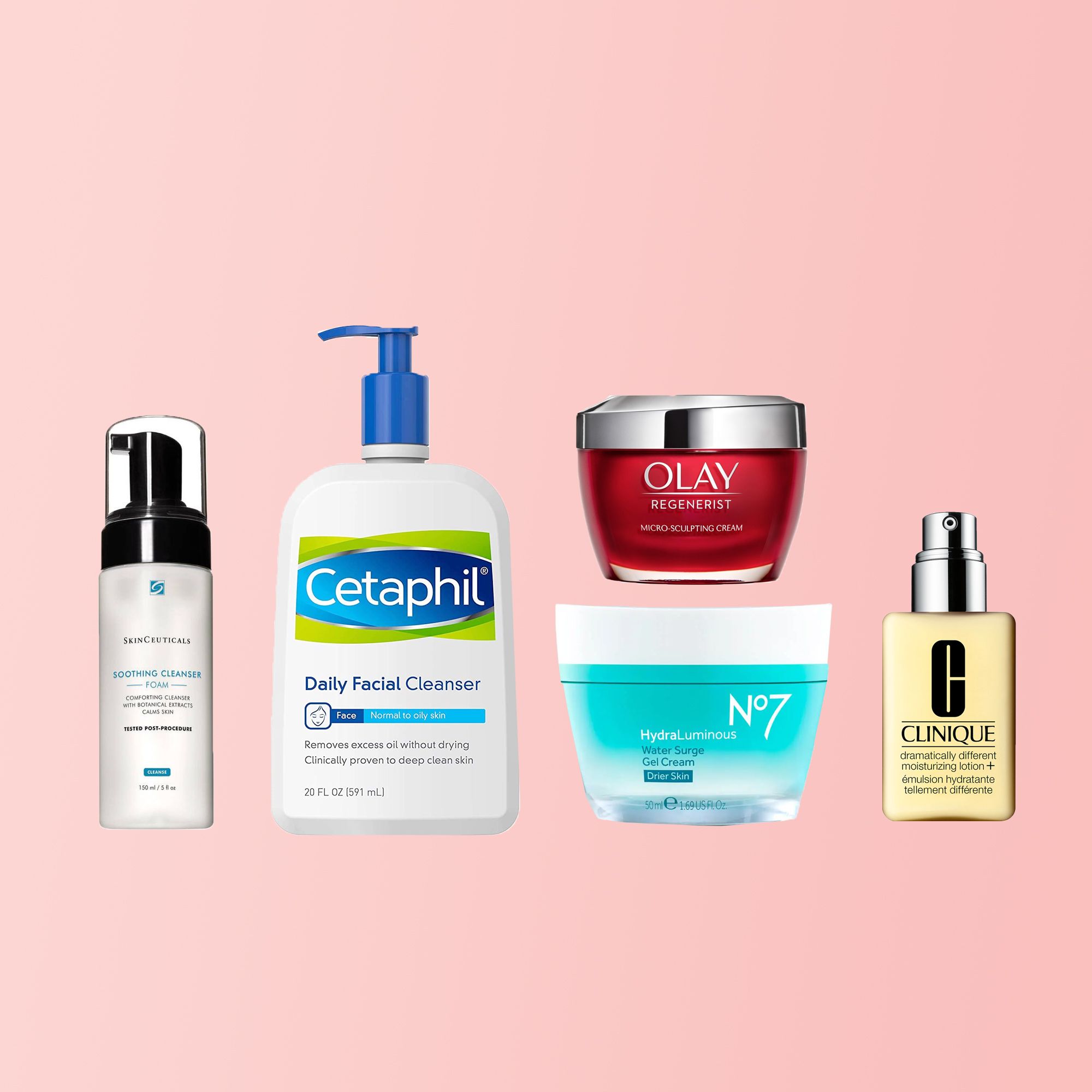
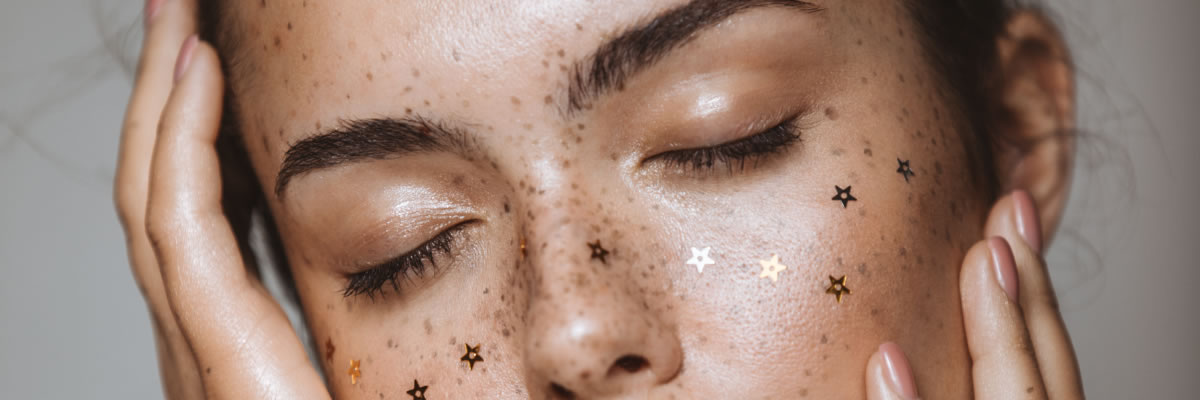
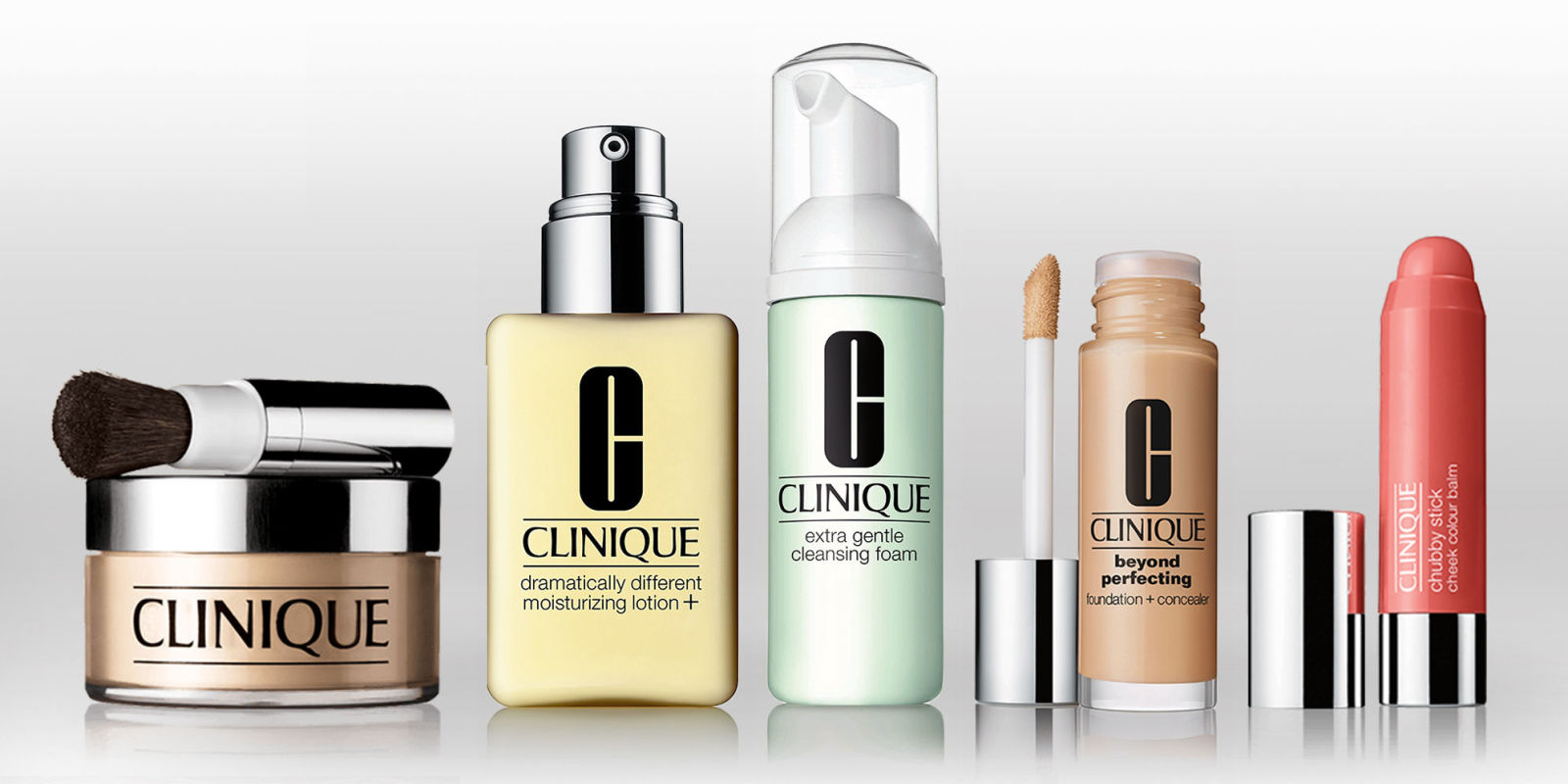
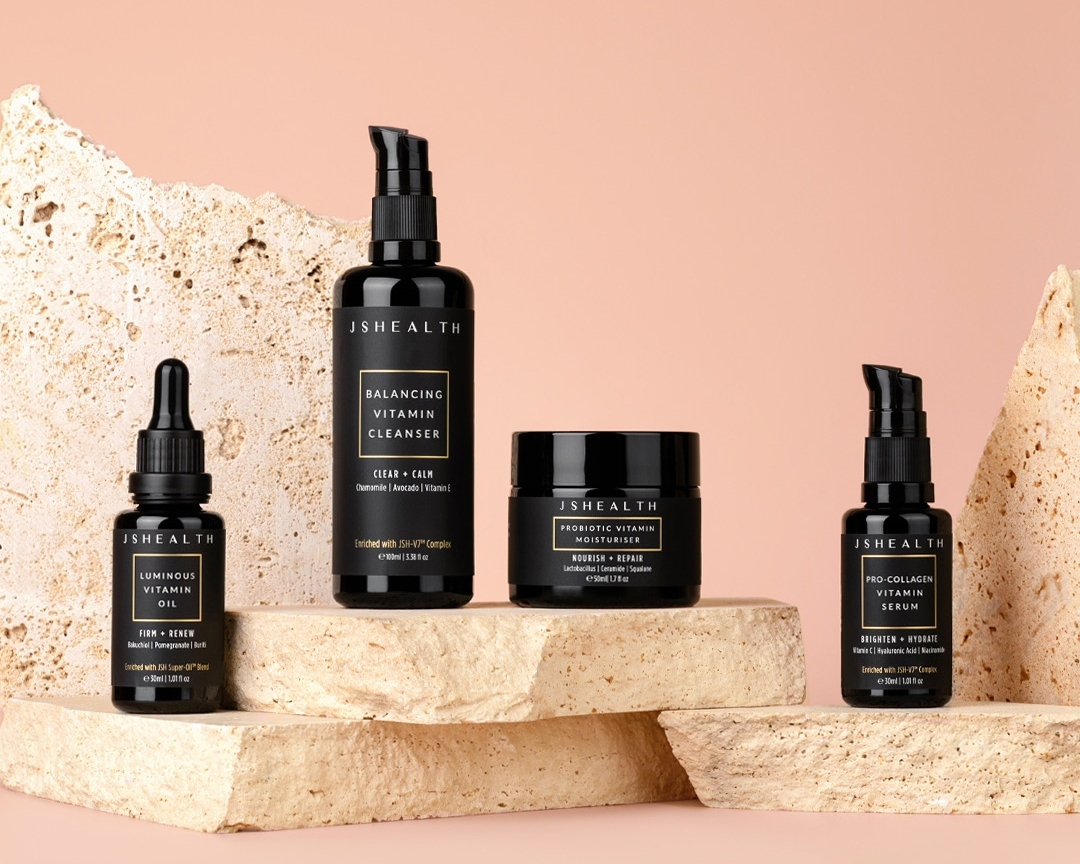
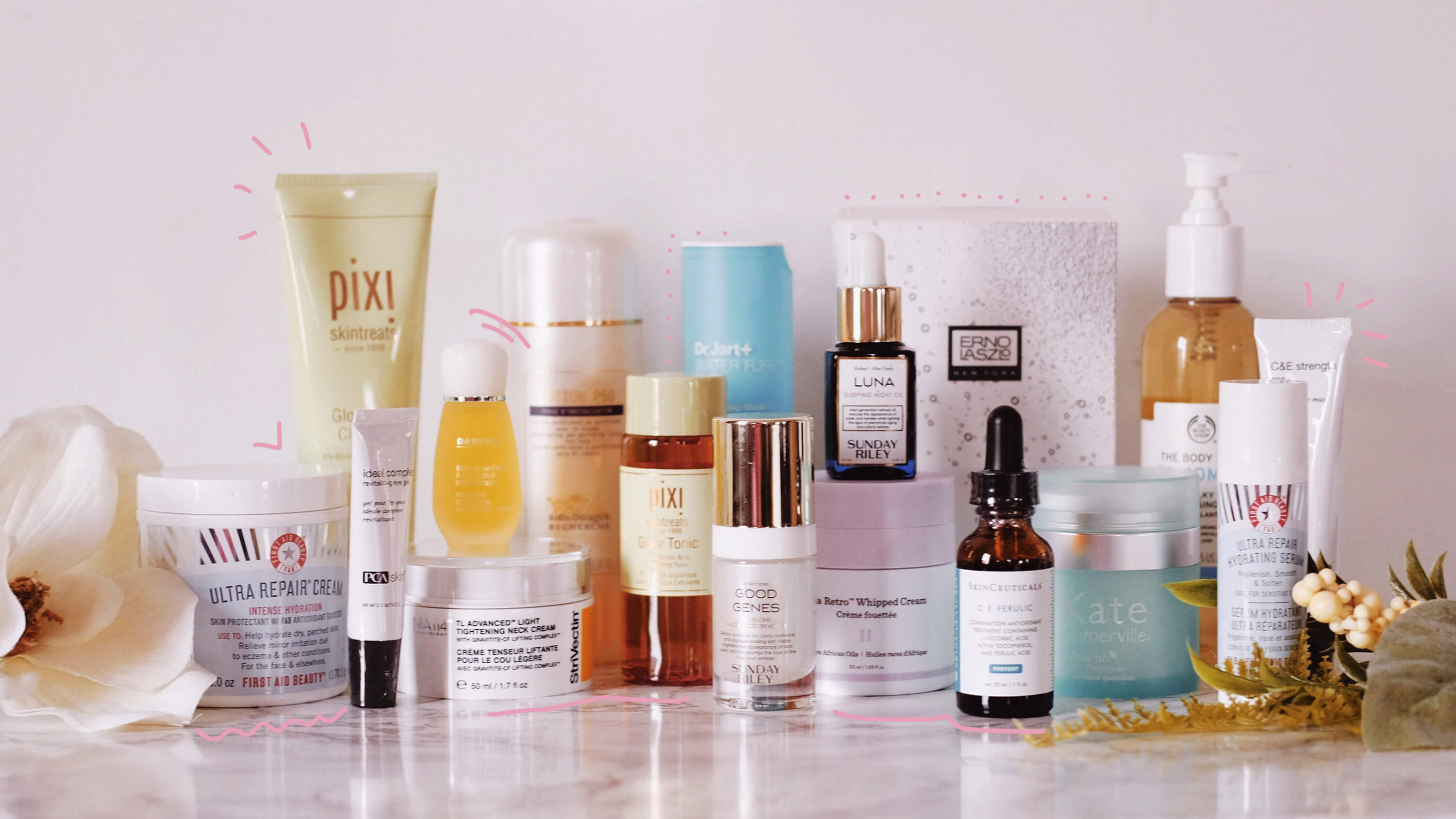
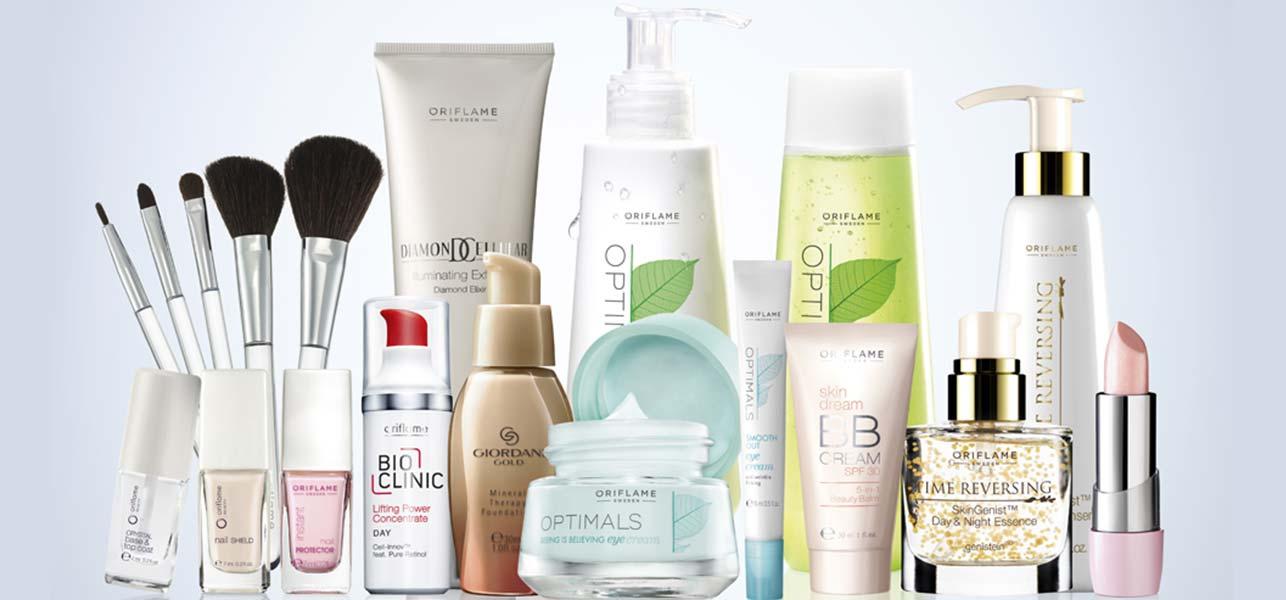


Closure
Thus, we hope this article has provided valuable insights into The Intersection of Beauty and Wellness: Unveiling the Best Skincare Makeup Products. We hope you find this article informative and beneficial. See you in our next article!